
Combining humanities and tech for research gains
An interdisciplinary project is sparking collaborations among those interested in digital approaches to the study of history, languages and culture.
 Department Homepage
The College of Arts & Sciences
Department Homepage
The College of Arts & Sciences

An interdisciplinary project is sparking collaborations among those interested in digital approaches to the study of history, languages and culture.

Klarman Fellow Kendall Artz wants to push beyond the assumption – one replicated by scholars – that company rosters and state records hold all there is to know about racial expression.
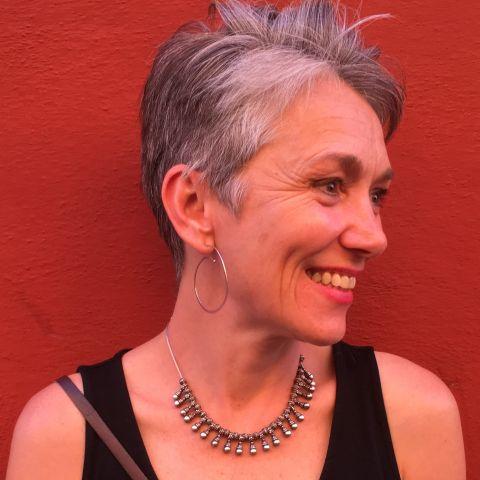
Stacey Langwick, associate professor of anthropology in the College of Arts & Sciences, will speak on "Healing in a Toxic World: Reimagining the Times and Spaces of the Therapeutic."

Olúfémi Táíwò, professor of Africana studies at Cornell University, said the move is another coup d’etat that Madagascar, and the African continent, does not need.

A Sept. 27 event taking inspiration from the foundations of the Harlem Renaissance will highlight collaboration, resource sharing and storytelling.
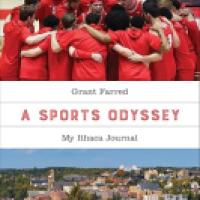

Grant Farred remembers the exact moment that 52 years of intense allegiance to Liverpool Football Club (LFC) began. He also remembers how and when it took on a new, less-consuming form. Farred, a professor in the Africana Studies and Research Center, and professor of literatures in English, in the College of Arts and Sciences, chronicles his passionate, albeit long-distance love for his Reds – and an unexpected bonding with the Cornell men’s basketball team, spurred in part by his hoops-loving teenaged son Ezra – in “A Sports Odyssey: My Ithaca Journal,” published July 25 by Temple University Press.

A four-day event featuring films, panels, workshops, the unveiling of a mural and other activities will celebrate the 70th anniversary of her degree, life and work. “Toni Morrison: Literature and Public Life” will take place Sept. 18-21.

Ten students who participated in this summer's Nexus Scholars Program share their stories..

Your fellow Cornellians can keep you entertained and informed—with shows on topics from science to sports and beyond.
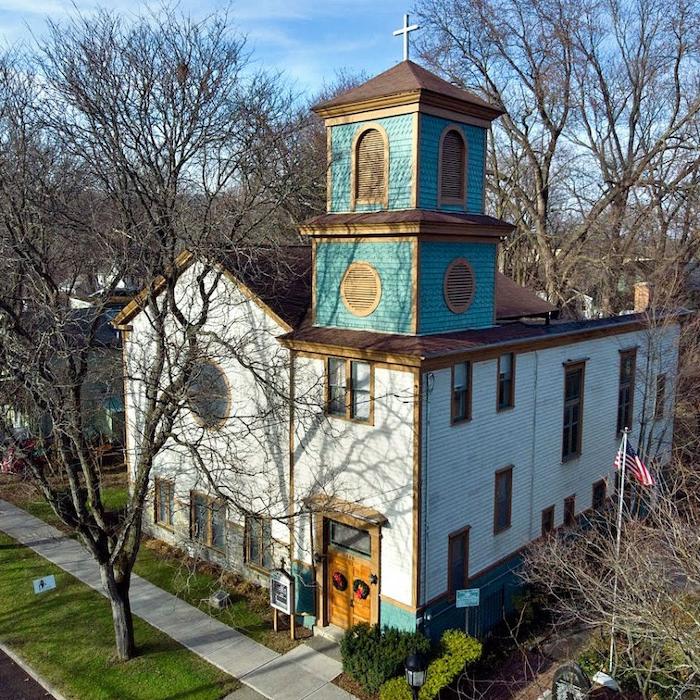
The exhibit on Ithaca’s St. James A.M.E. Zion Church will open on Juneteenth with a community event scheduled for 4 p.m.
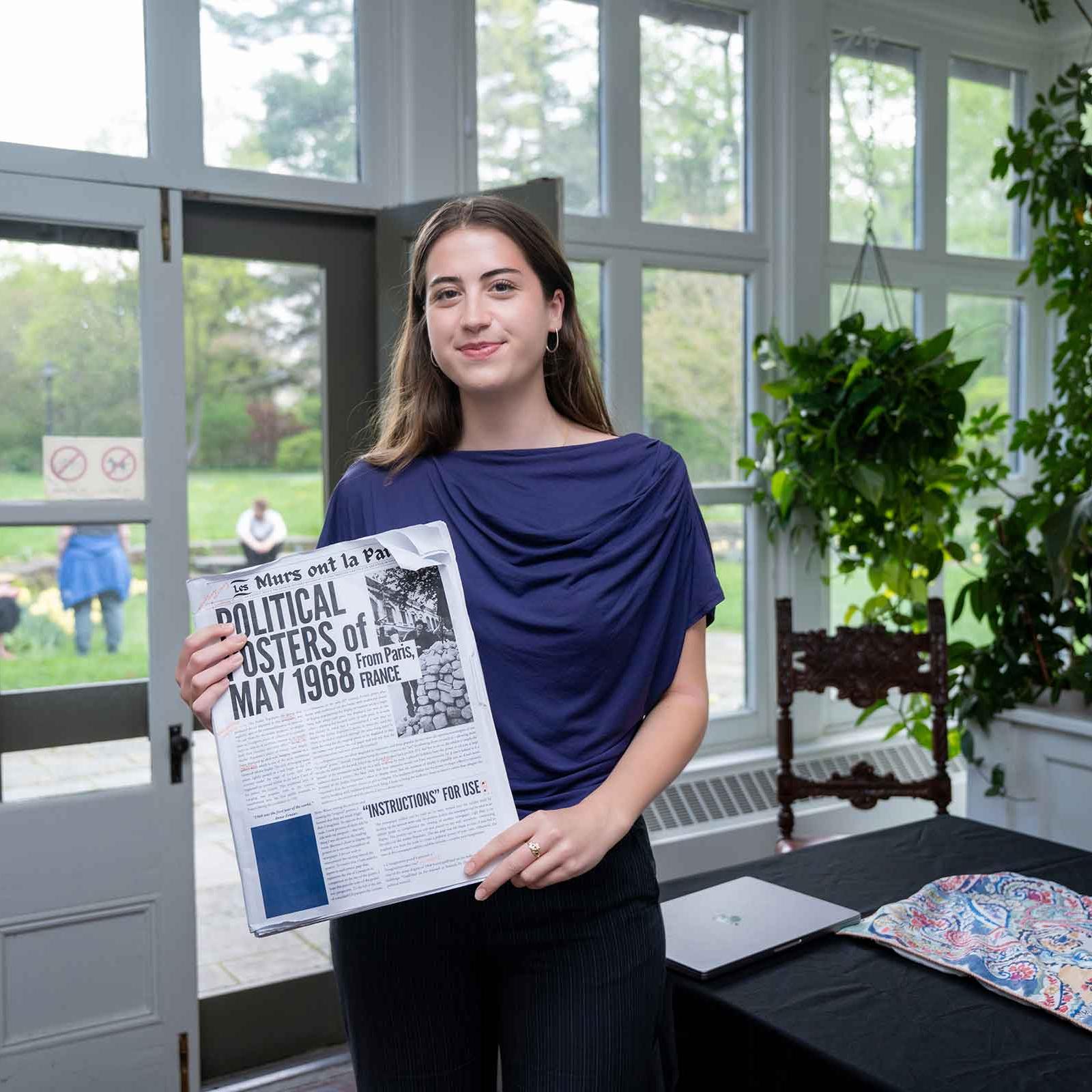
Projects spanned topics from Confederate cemeteries to Korean textiles.
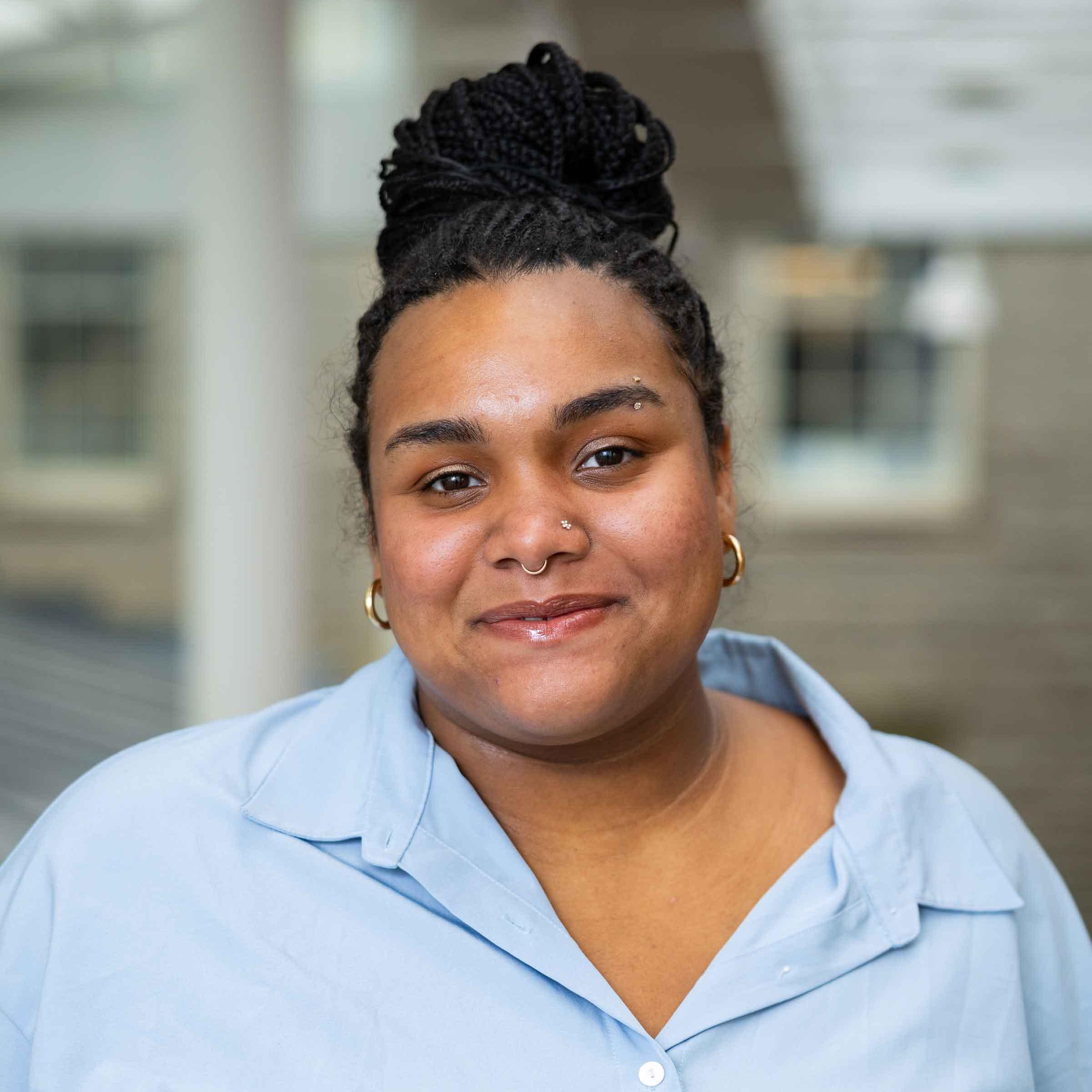
Kaylani Williams is an English major.
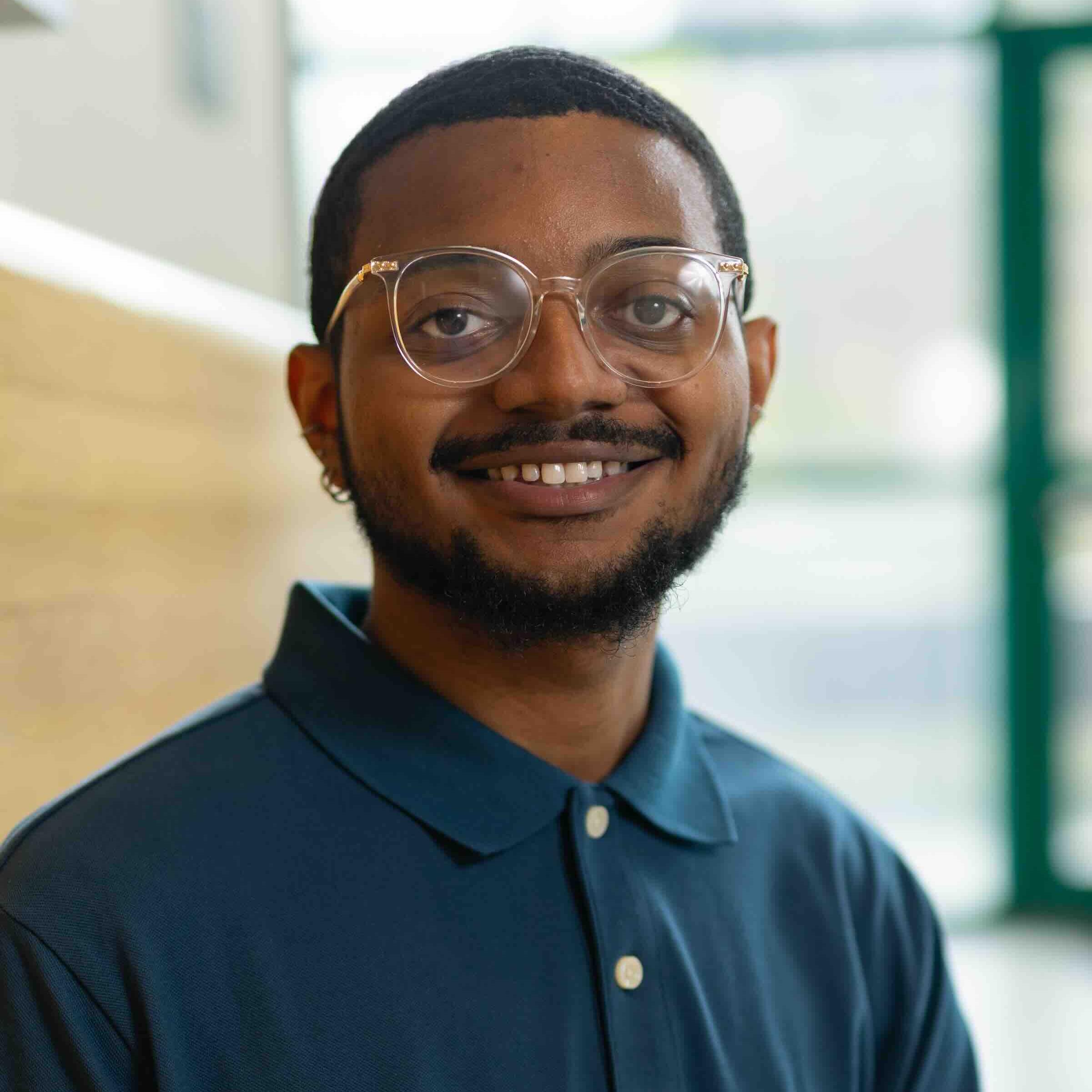
Kendahl Wesley is a psychology & Africana studies major.
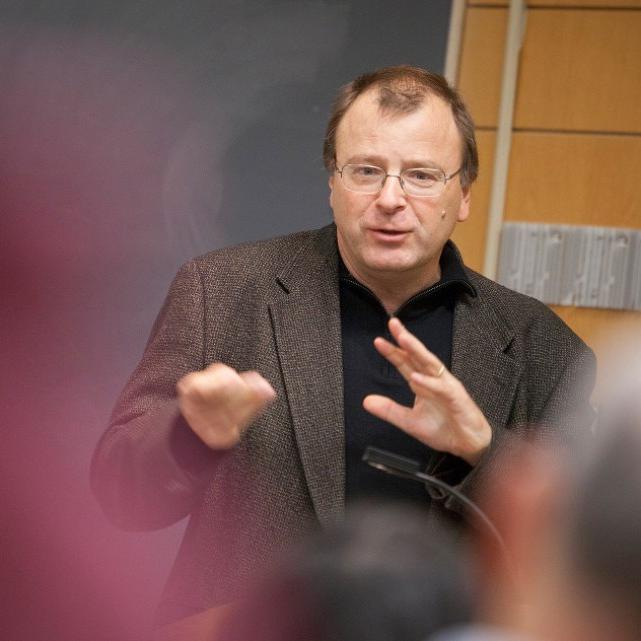
“Politics, Markets, and Governance in Africa: A conference in honor of Nicolas van de Walle,” set for May 8-9, will focus on the core themes of African political economy, regimes, and modes of electoral and social participation and contestation.

The newest episode of Startup Cornell, a podcast hosted by Entrepreneurship at Cornell, features Cornell senior Micere Mugweru ’25, the founder of Mizoma Africa.


For more than half a century, Cornell’s Adult University has offered summer courses on the Hill — from cooking to cycling and beyond.
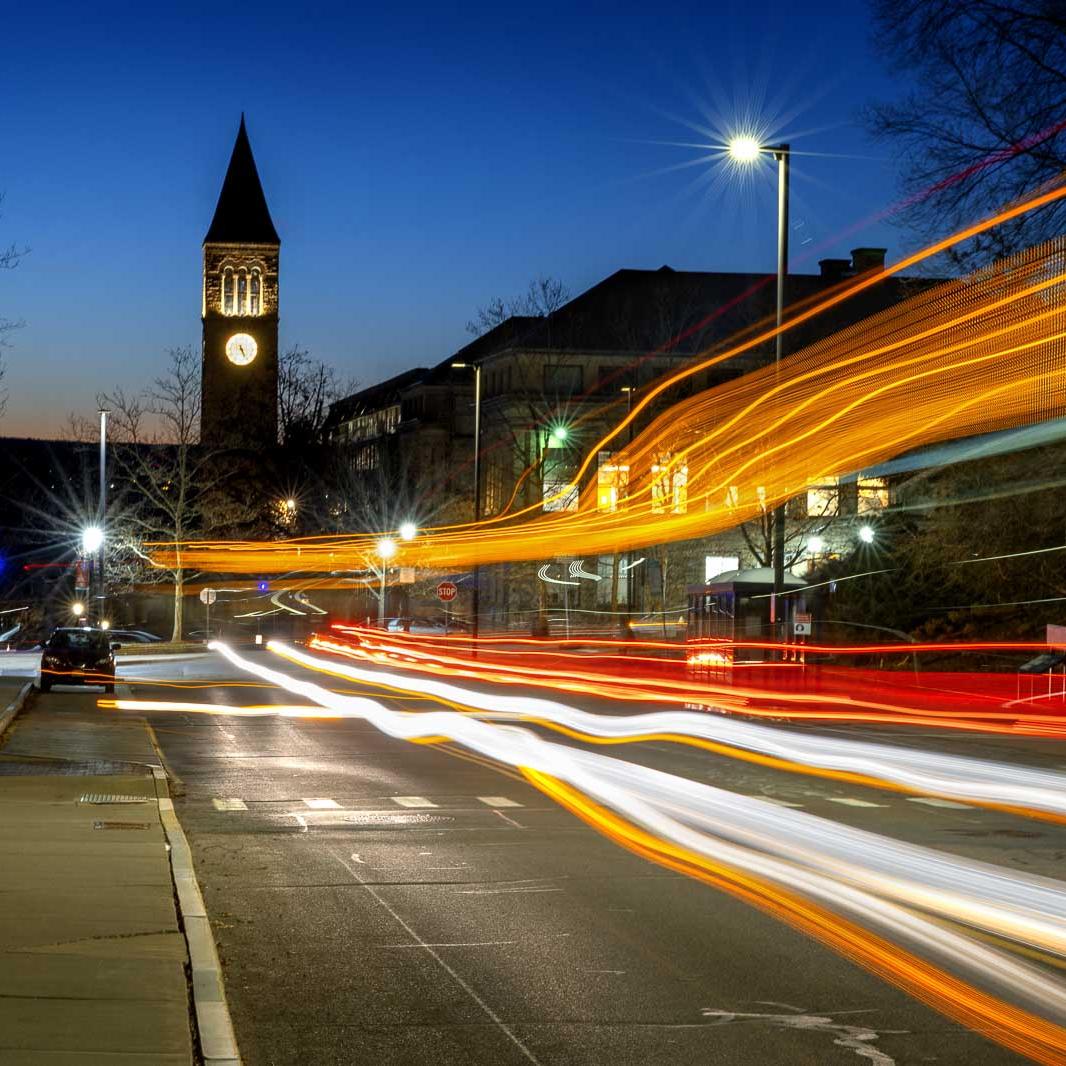
Fellows will pursue research in the sciences, social sciences and humanities.
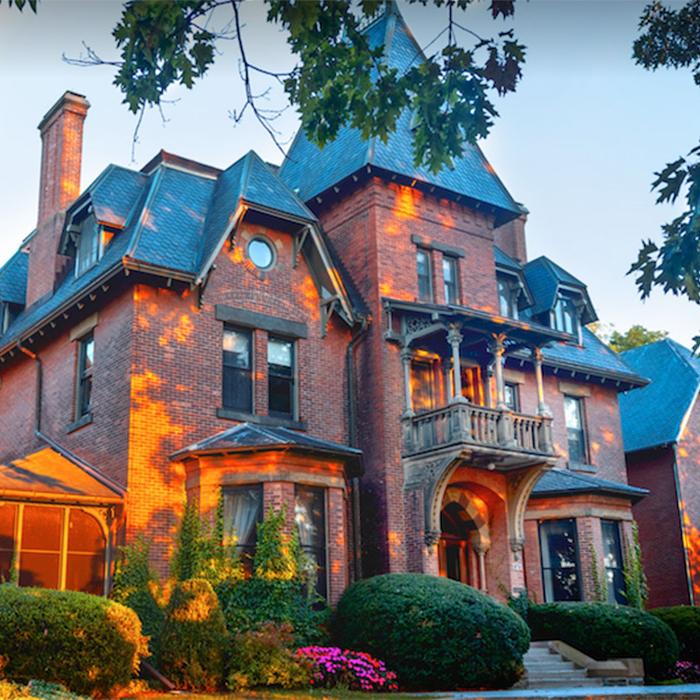
"Sanctuary from the Storm: Making (My) Room with The Torkelsons," will explore Sheppard’s fondness for the 1990s television show and what the show’s representation of home spaces can tell us about the way television influences living practices.

This month’s featured titles include a history Harlem by a government alum and a prof’s memoir about his education under Apartheid.
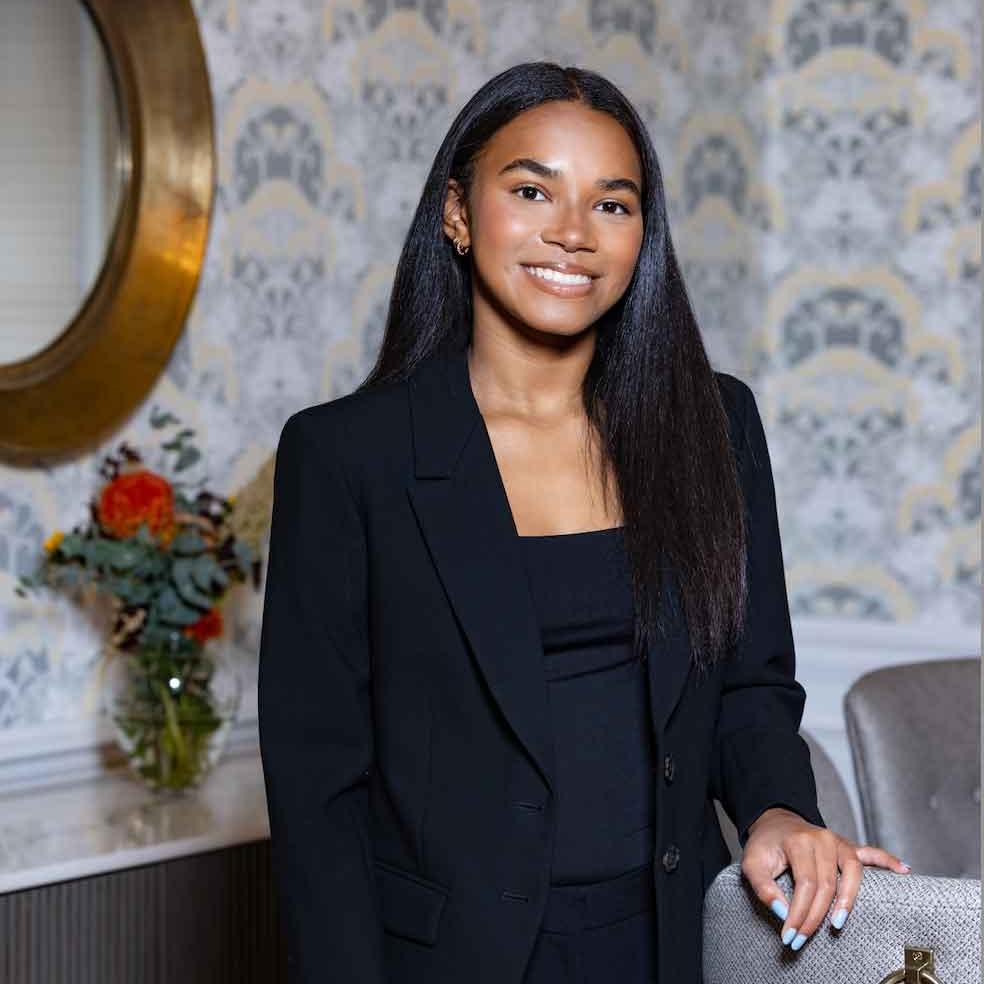
"Poetry and artwork were my ways of processing the world around me."
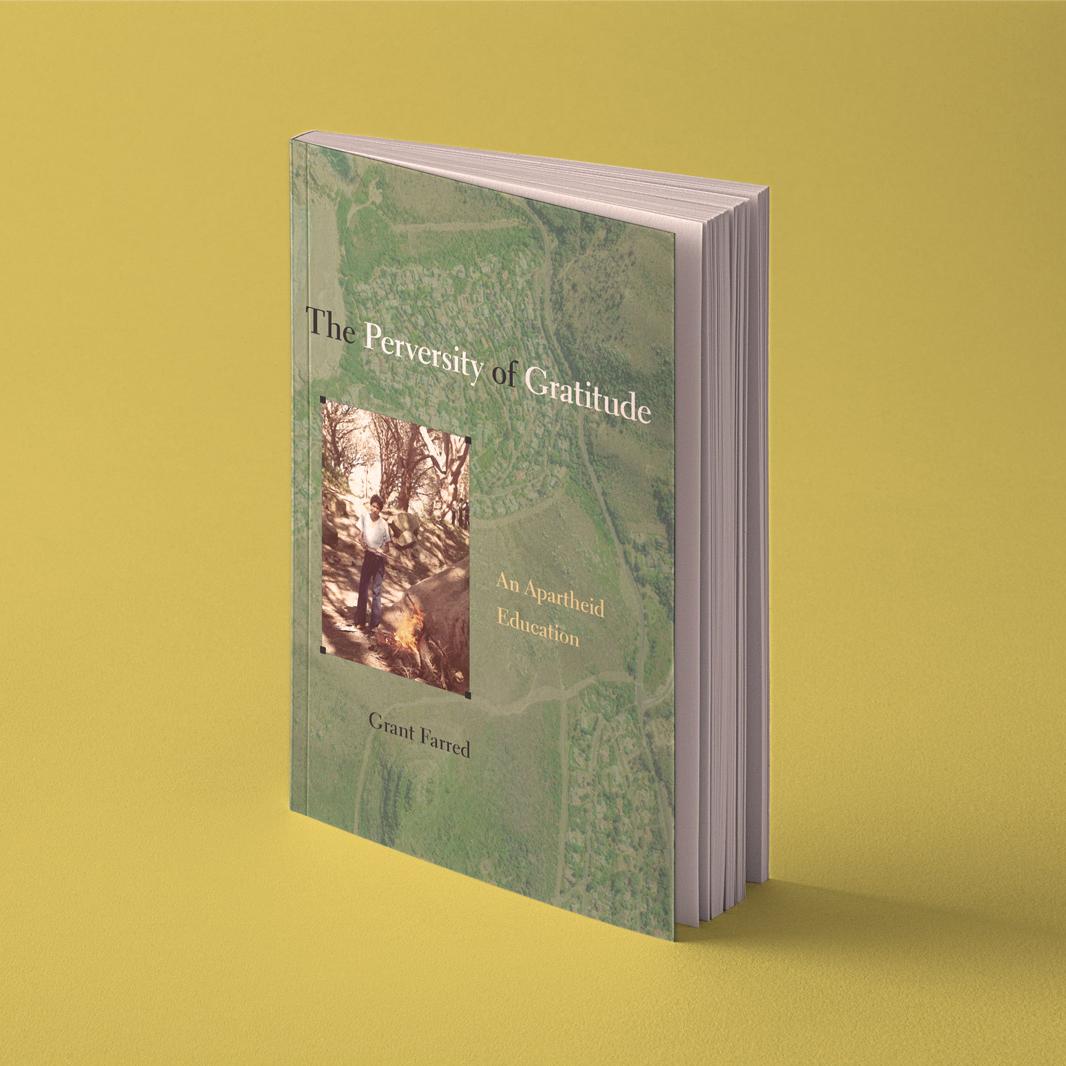
In “The Perversity of Gratitude: An Apartheid Education," Grant Farred describes his experience of flourishing intellectually, despite and even thanks to being educated under apartheid, while also analyzing concepts that made such an education possible.

During “Beyond 2024: Envisioning Just Futures and Equitable Democracy,” faculty and students from across the university will come together to creatively showcase research and art, build community and be inspired to imagine a better future.

The Nov. 2 conference will focus on an interdisciplinary approach.
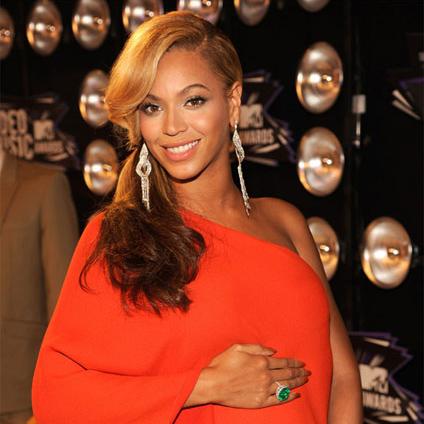
As Election Day closes in, a Cornell expert in Black feminism sees 'deep meaning and significance' in superstar Beyoncé's support for Vice President Kamala Harris.
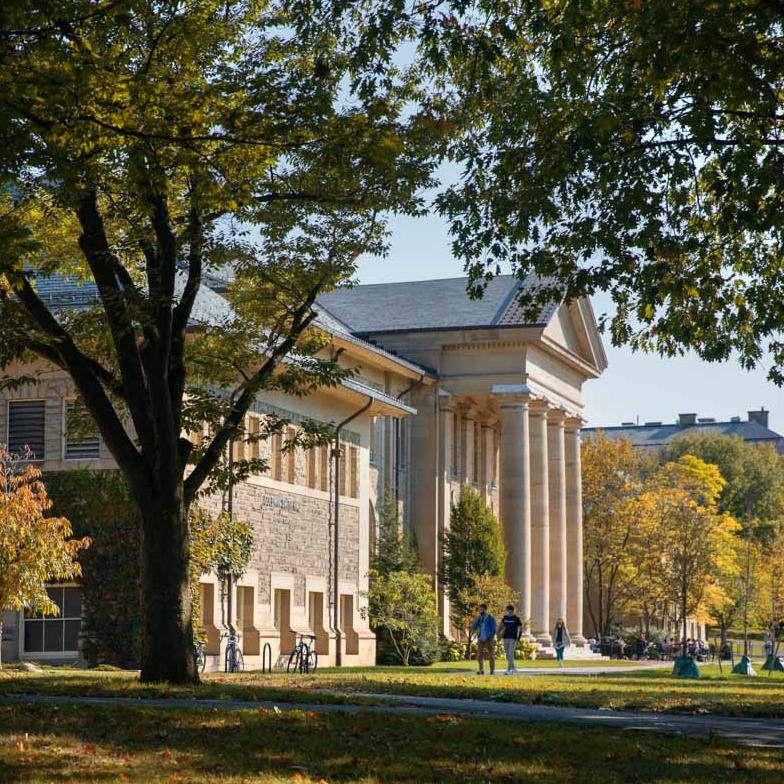
“We felt this is an important resource that should be available to our humanists at all levels, whether they have the resources to pay for membership or not,” said Peter John Loewen, the Harold Tanner Dean of Arts and Sciences.
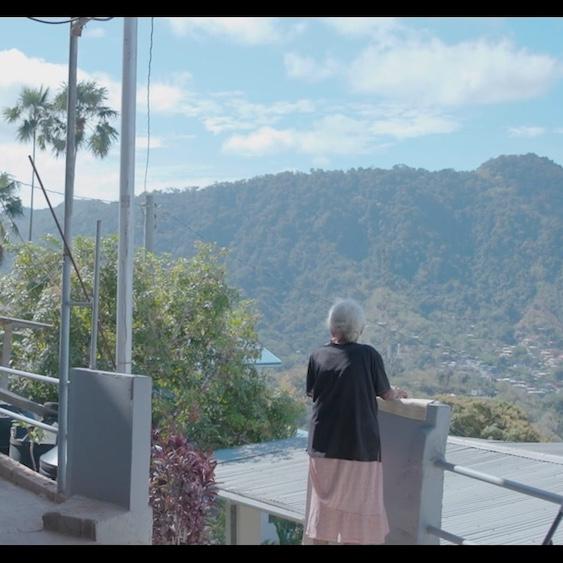
“Possible Landscapes,” a new feature-length documentary film exploring the lived experience of landscapes and environments in the Caribbean islands of Trinidad and Tobago, will have its debut screening on Sept. 25 at Cornell Cinema.
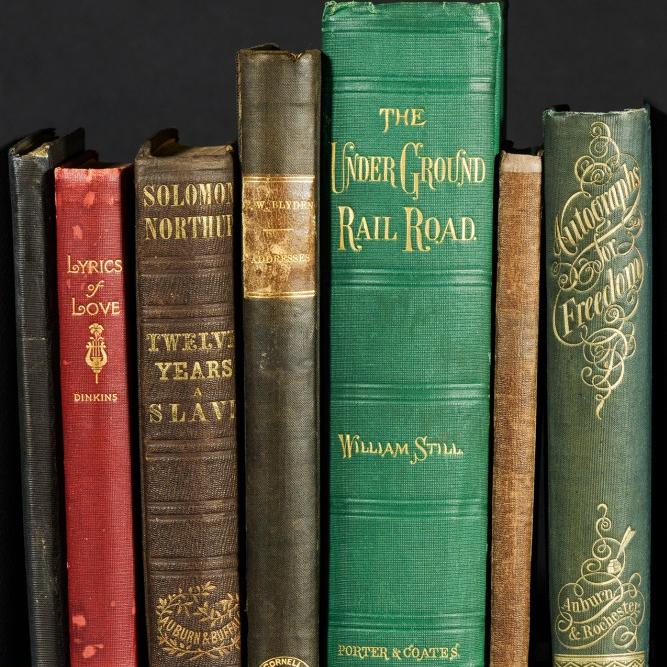

The exhibit reveals how newspapers served as a powerful vehicle for literature, culture and community-building.
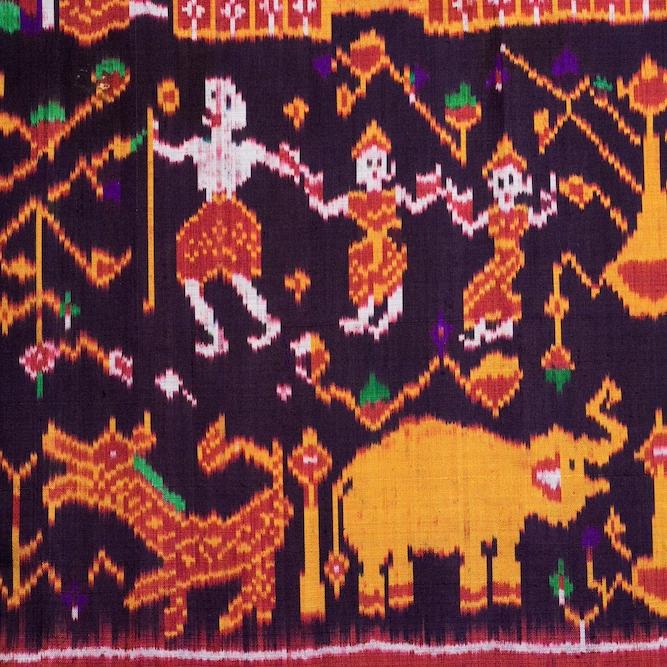
Cornell, the only institution offering regular multilevel instruction in all six of the major Southeast Asian languages – Burmese, Indonesian, Khmer, Filipino (Tagalog), Thai and Vietnamese – will host a conference on the teaching of these languages on Sept. 19-21.
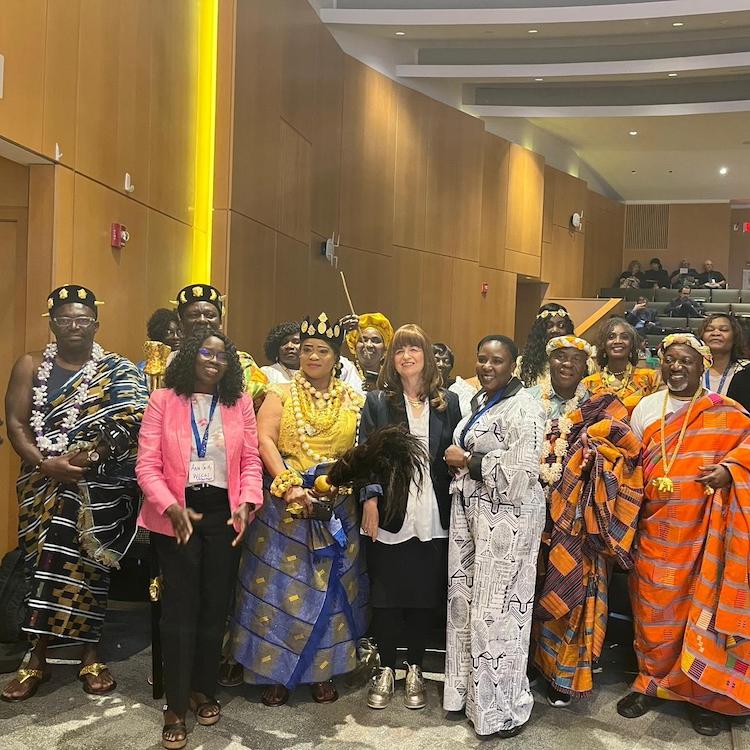
The global conference, held in July, received 1,150 submissions from scholars and practitioners from 112 countries, representing five continents.
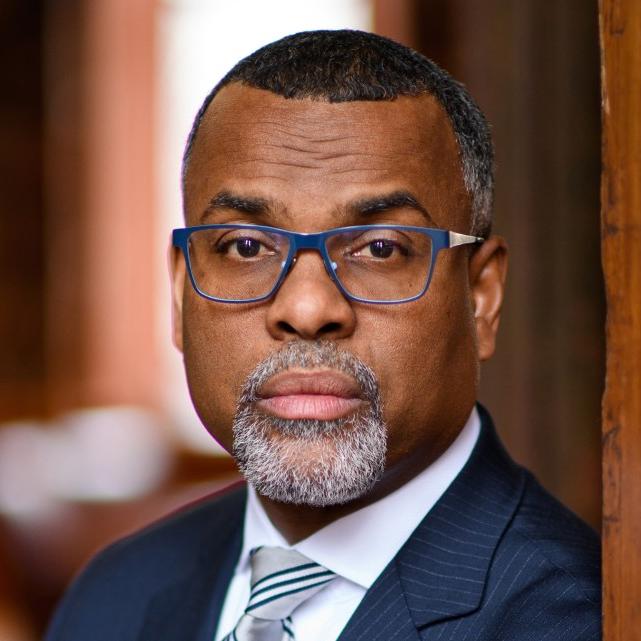

Dr. Eddie Glaude, Jr., New York Times bestselling author, political commentator and academic scholar, will deliver a keynote discussion at 6:00 p.m. in the Alice Statler Auditorium on September 13, 2024.
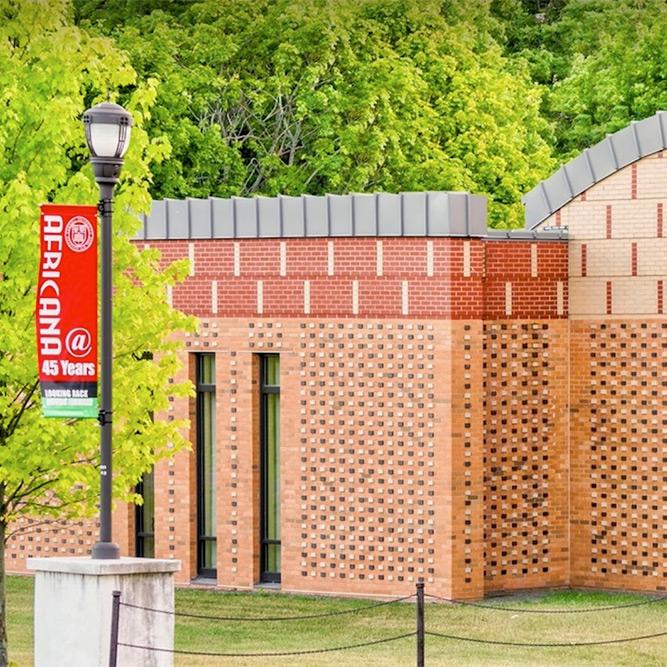
As more than 50 African leaders gather in Beijing for a summit aimed at increasing the influence of China in the developing world, professor Olúfémi Táíwò says it’s ironic that the same African leaders who have denounced colonialism, might now find common ground with the People’s Republic of China.

"Cornell alumni are generous with their time and efforts to assist students, to answer questions from students, or connect them to people and places."
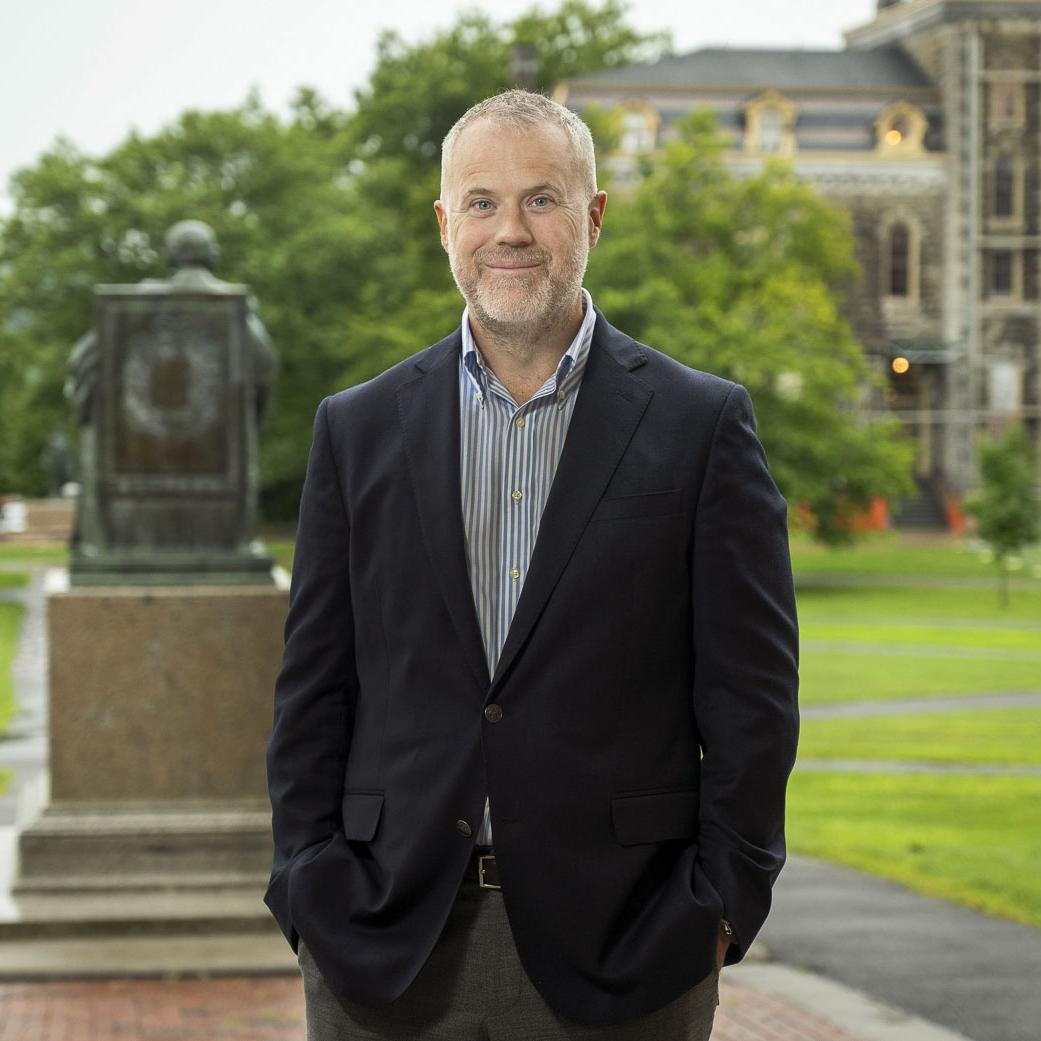
Peter John Loewen says he's excited to support faculty in their research, meet students and showcase the value of a liberal arts education.

As Vice President Kamala Harris garners crucial support for her presidential campaign, Cornell University experts discuss the potential implications and challenges she might face.
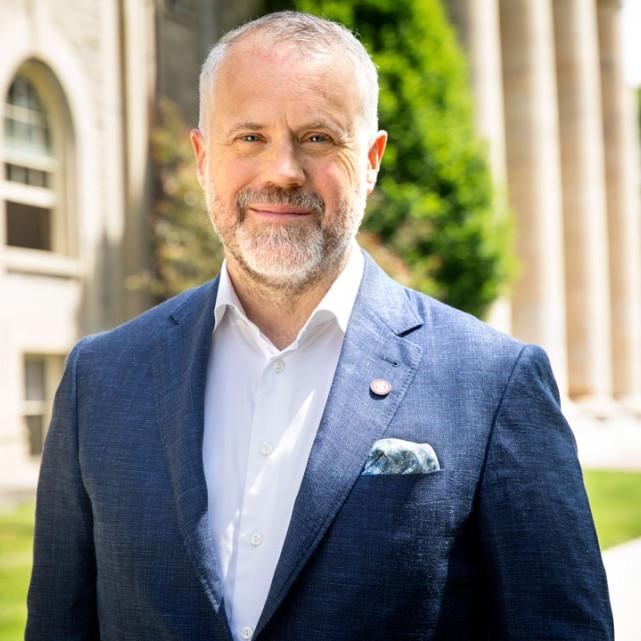

Coming from the University of Toronto, where he was the director of the Munk School of Global Affairs and Public Policy, Loewen began his five-year appointment as the Harold Tanner Dean of the College of Arts and Sciences Aug. 1.
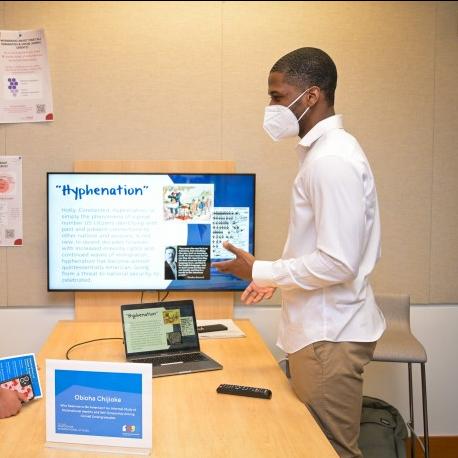

A&S student Obioha Chijioke ’24 is among the first-ever group of Undergraduate Global Scholars at the Mario Einaudi Center for International Studies.
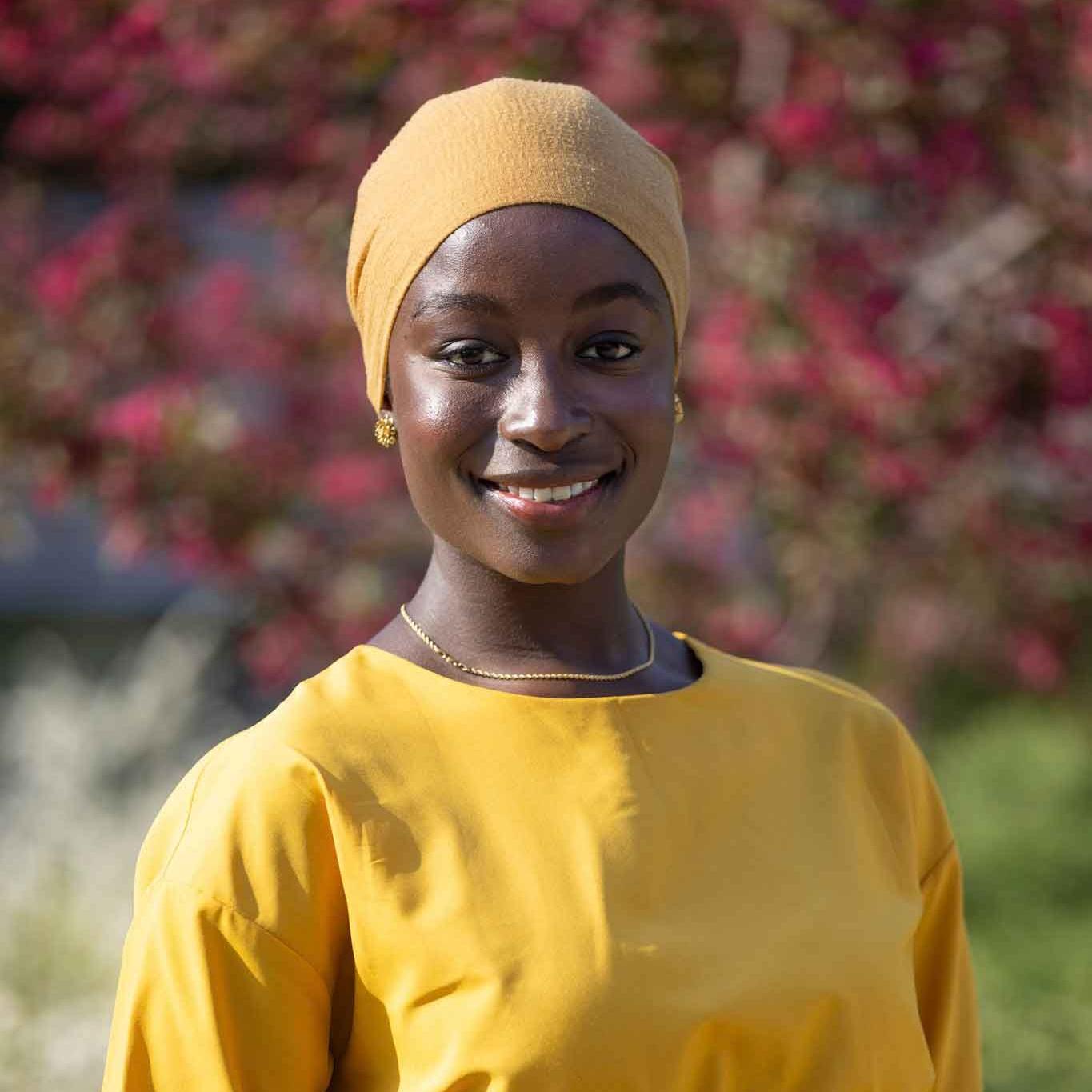
Sokhnadiarra Ndiaye is an Africana studies major.
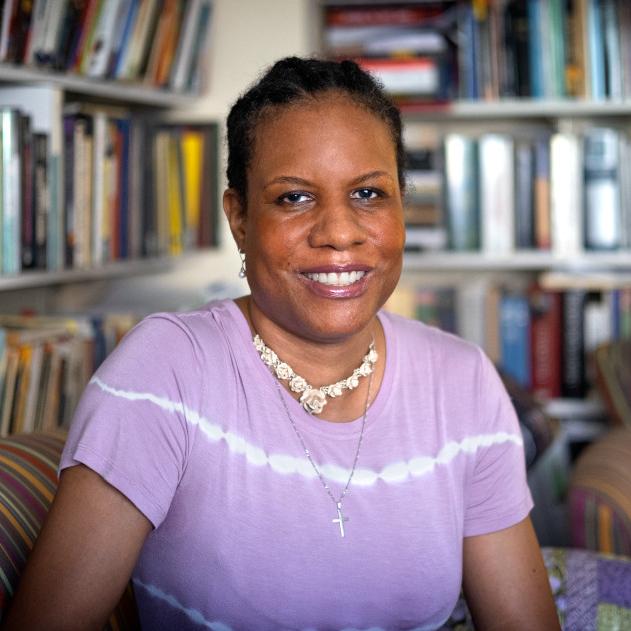

Professor of Africana studies Riché Richardson says reclaiming country music for the Black community and rebranding the genre as an inclusive space are triumphs of Beyoncé’s new album, “Cowboy Carter.”
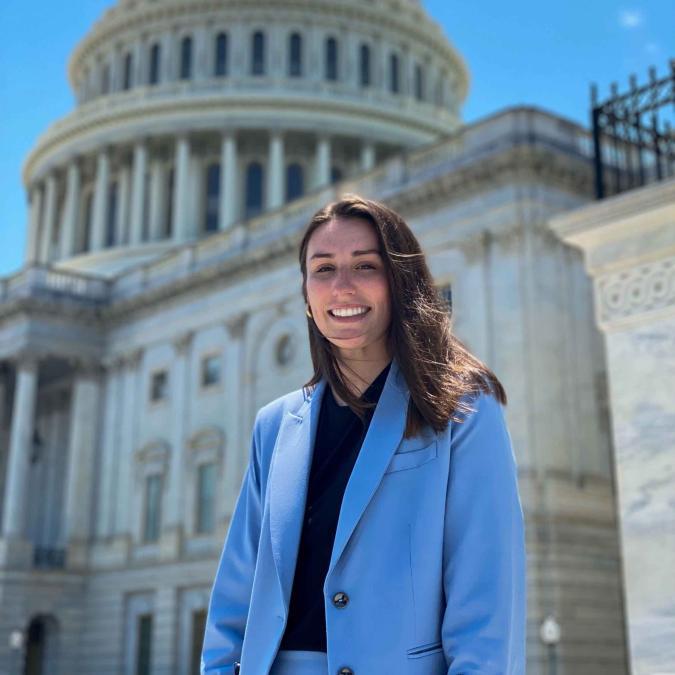
The grants provide funding for students in unpaid or low-paying summer experiences to offset the cost of taking on those positions.
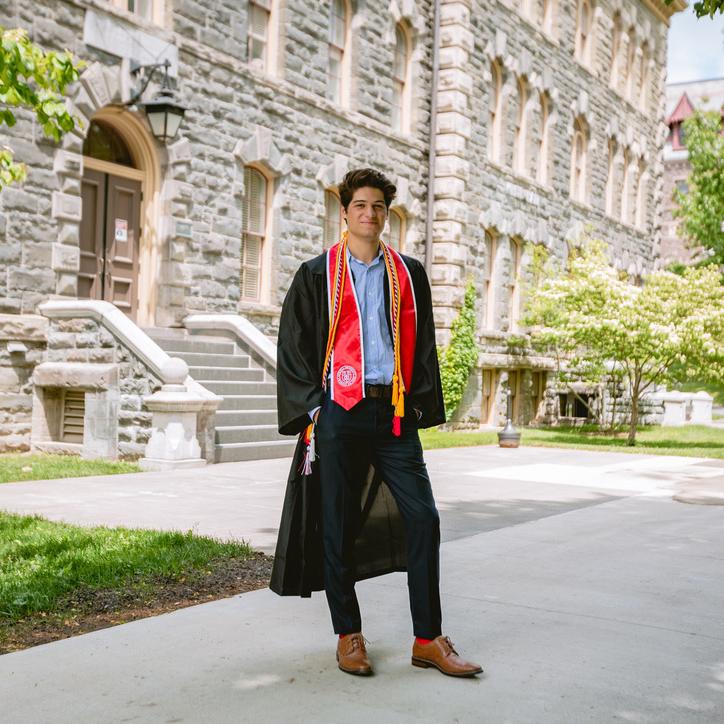
Alec Giufurtan '21, discusses his work related to journalism and civil rights, and his current life as a law student.
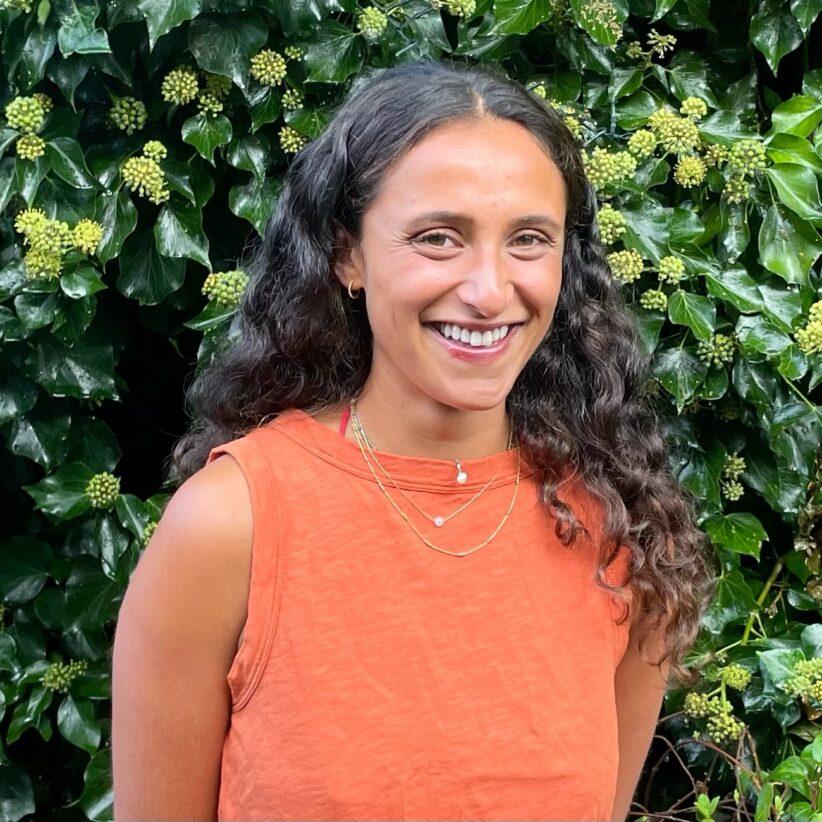
Amber Bal, a doctoral candidate in romance studies, studies the urban-rural divide in 20th and 21st century French and Francophone literature.
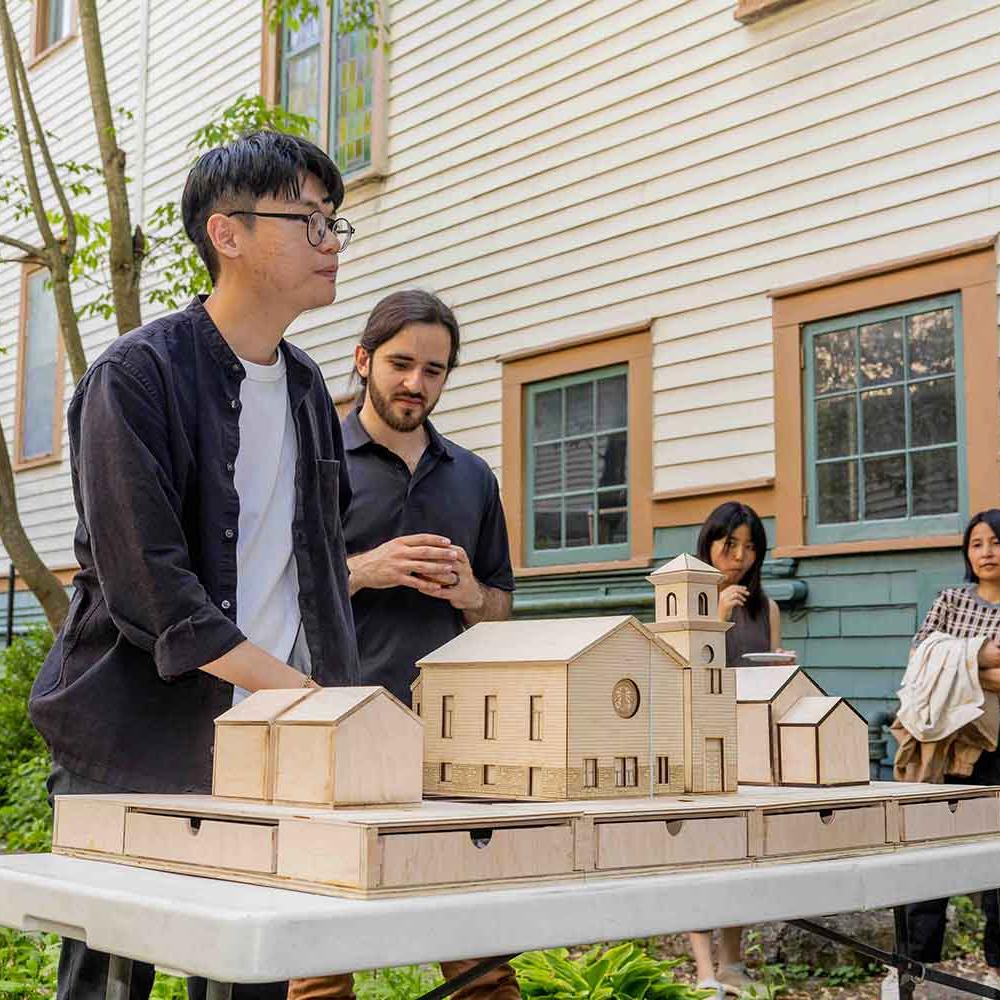
Funding is available for faculty and students with projects related to rural humanities.
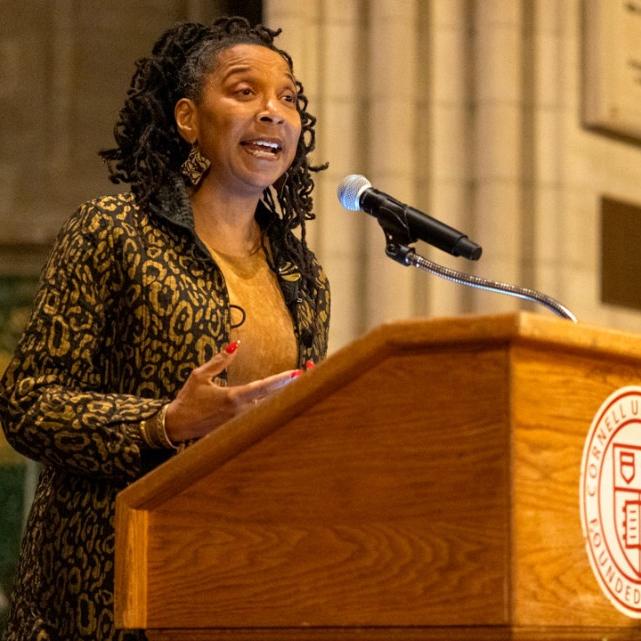

Kimberlé Crenshaw ’81, a legal scholar, reflected on the ways Dr. Martin Luther King Jr.’s influence shaped her personal, academic and professional journey.


During Black History Month, test your knowledge of Cornell’s ground-breaking program with 10 trivia questions!
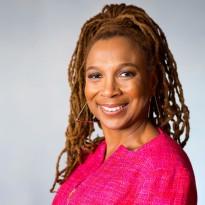

This year’s Martin Luther King, Jr. Commemorative Lecture on Feb. 19 will focus on the importance of understanding and addressing systems of oppression and their impact on multiple identities, including race and gender.
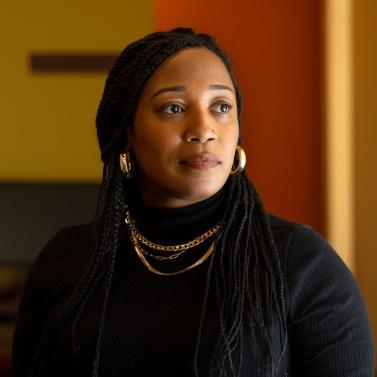

A Cornell historian says one of the most important aspects of Martin Luther King Jr.’s legacy was his insistence on speaking up against social and economic injustice.

Olúfẹ́mi Táíwò, an expert in Africana studies, wrote about how America should respond to its history of racism in an opinion piece in The Washington Post.
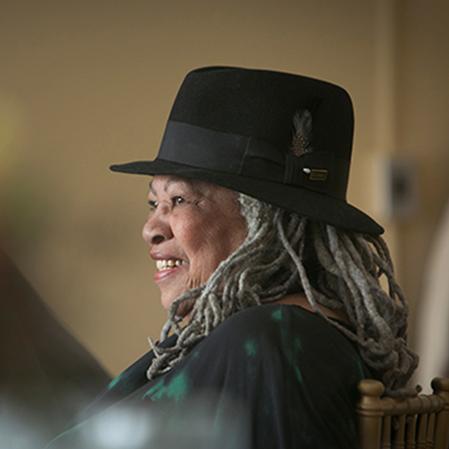
"The project makes Ithacans aware that this Nobel writer lived in Ithaca for two years."
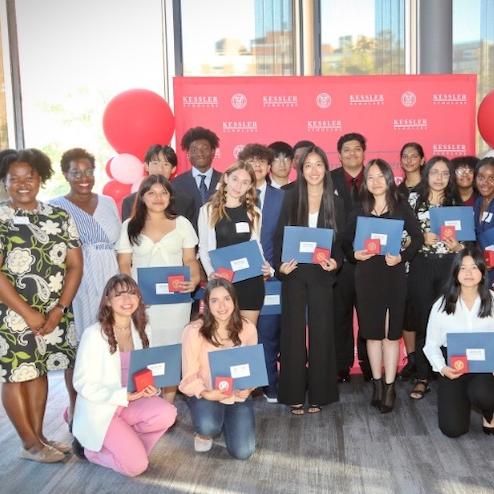
To kick off the 2023 First Generation Celebration Week, Student and Campus Life gathered insights and advice from first-gen students, alumni and staff.


A&S faculty are among twenty-five faculty and academic staff from nine Cornell colleges and units are Engaged Faculty Fellows for the 2023-24 academic year.